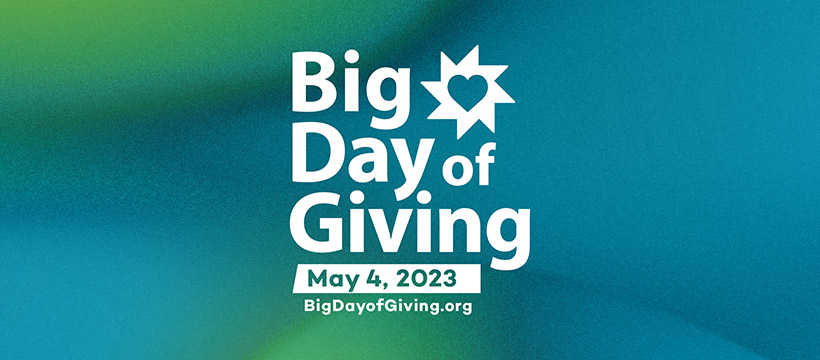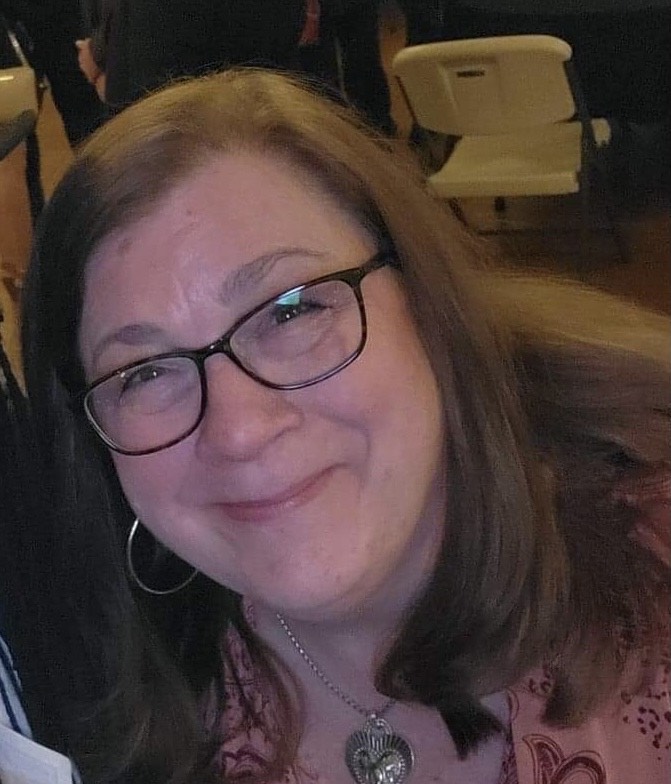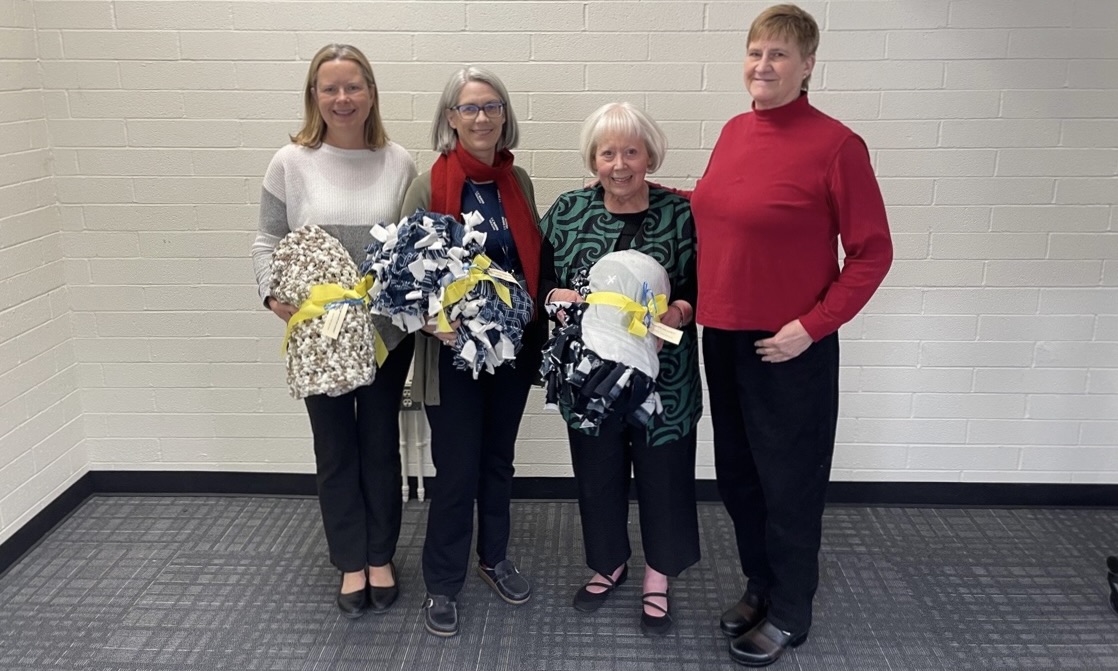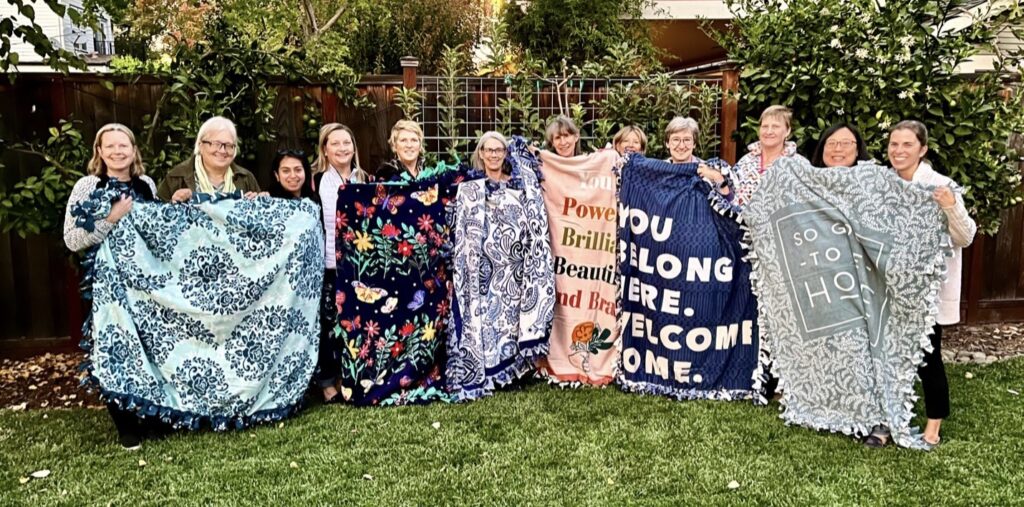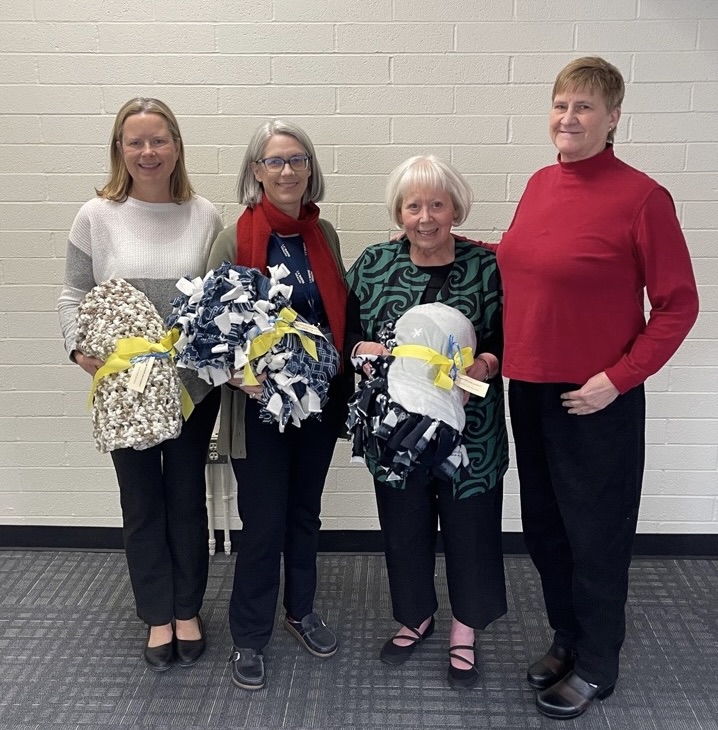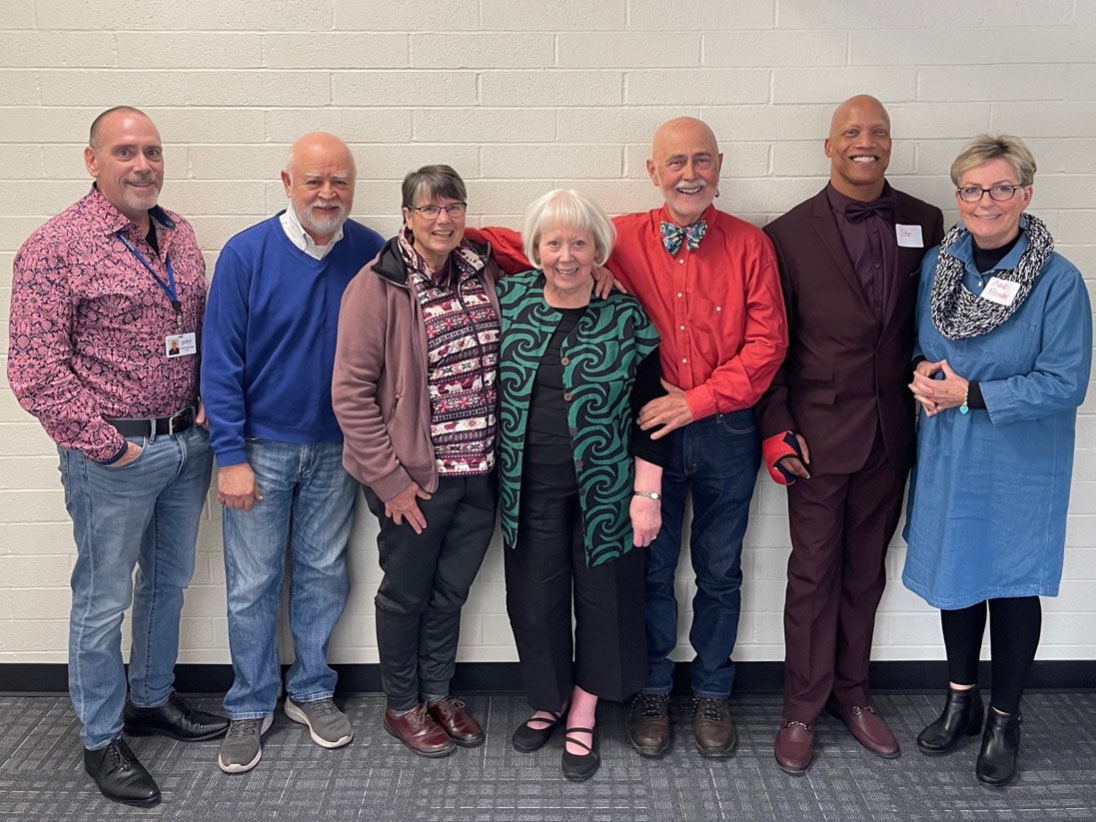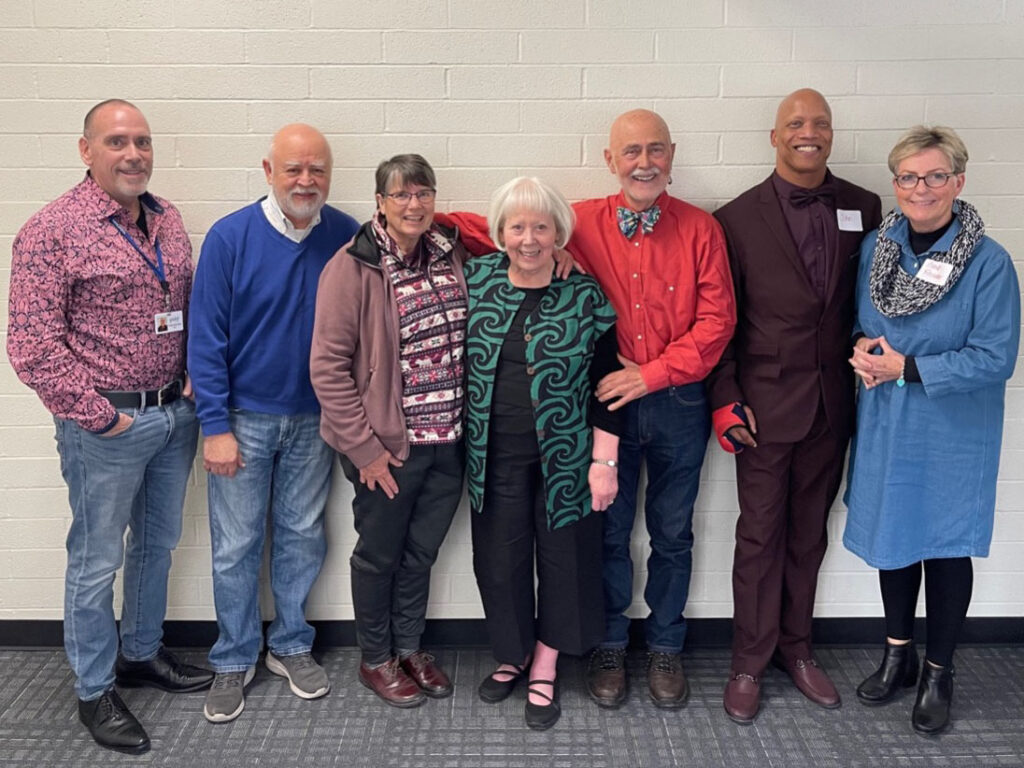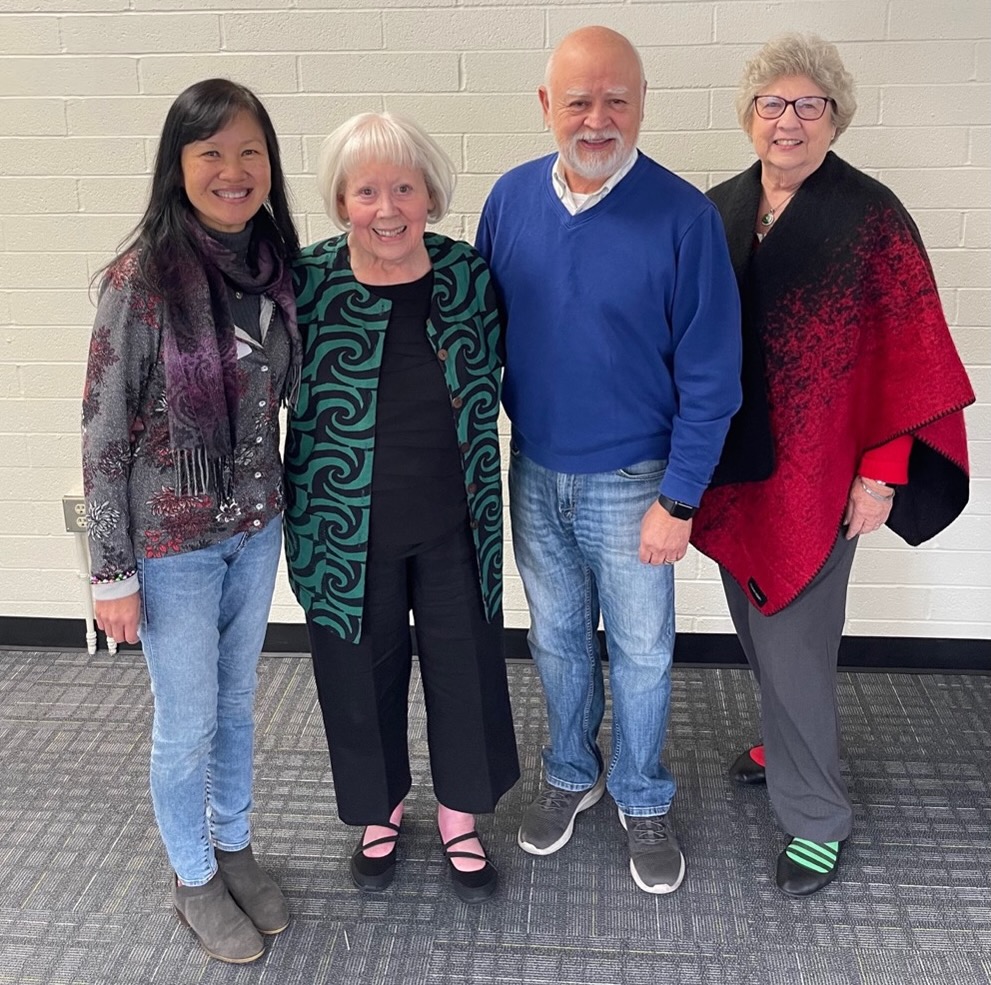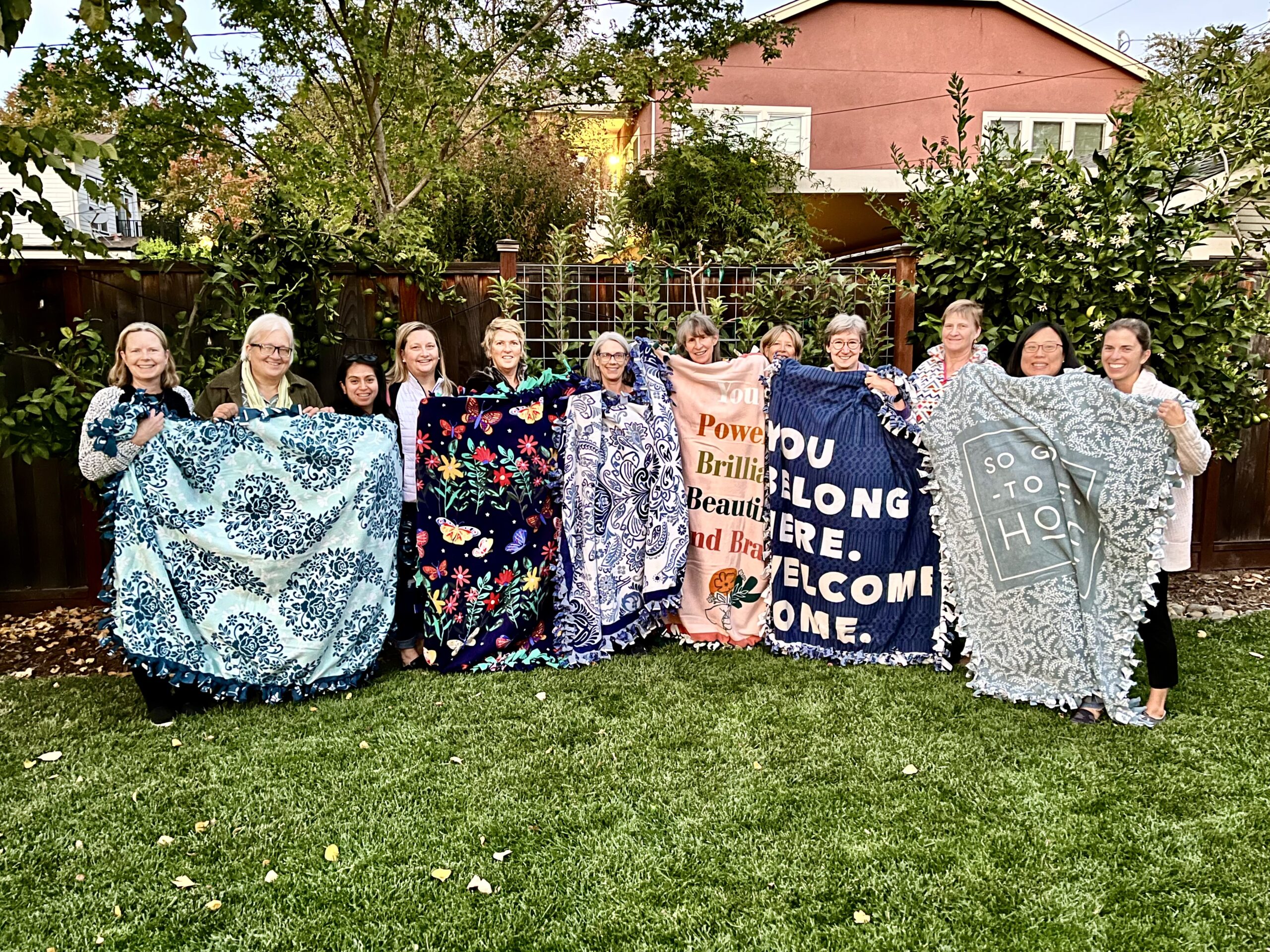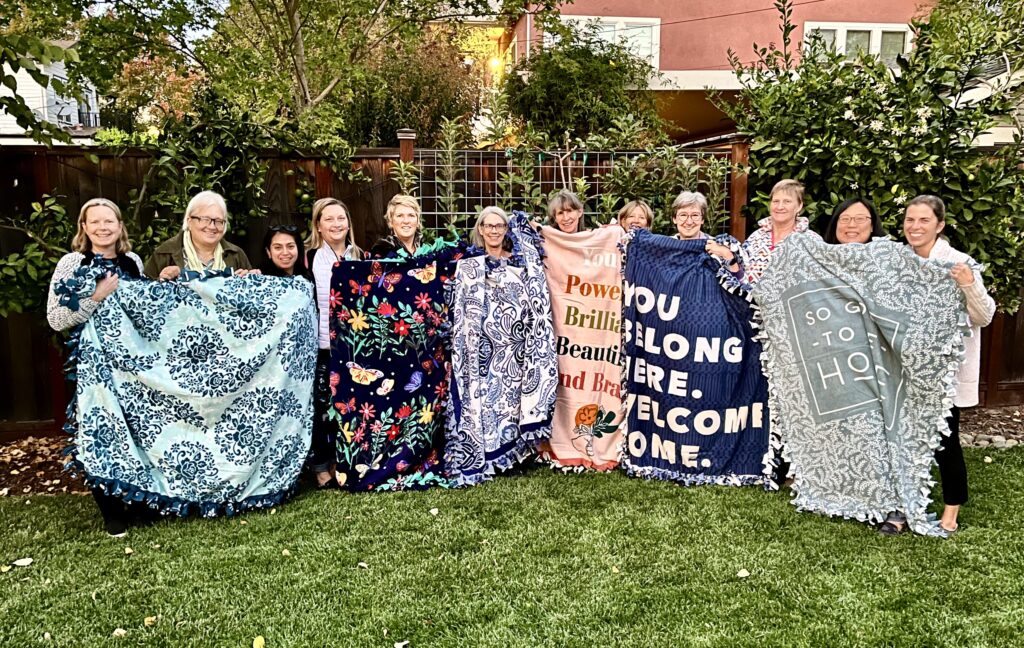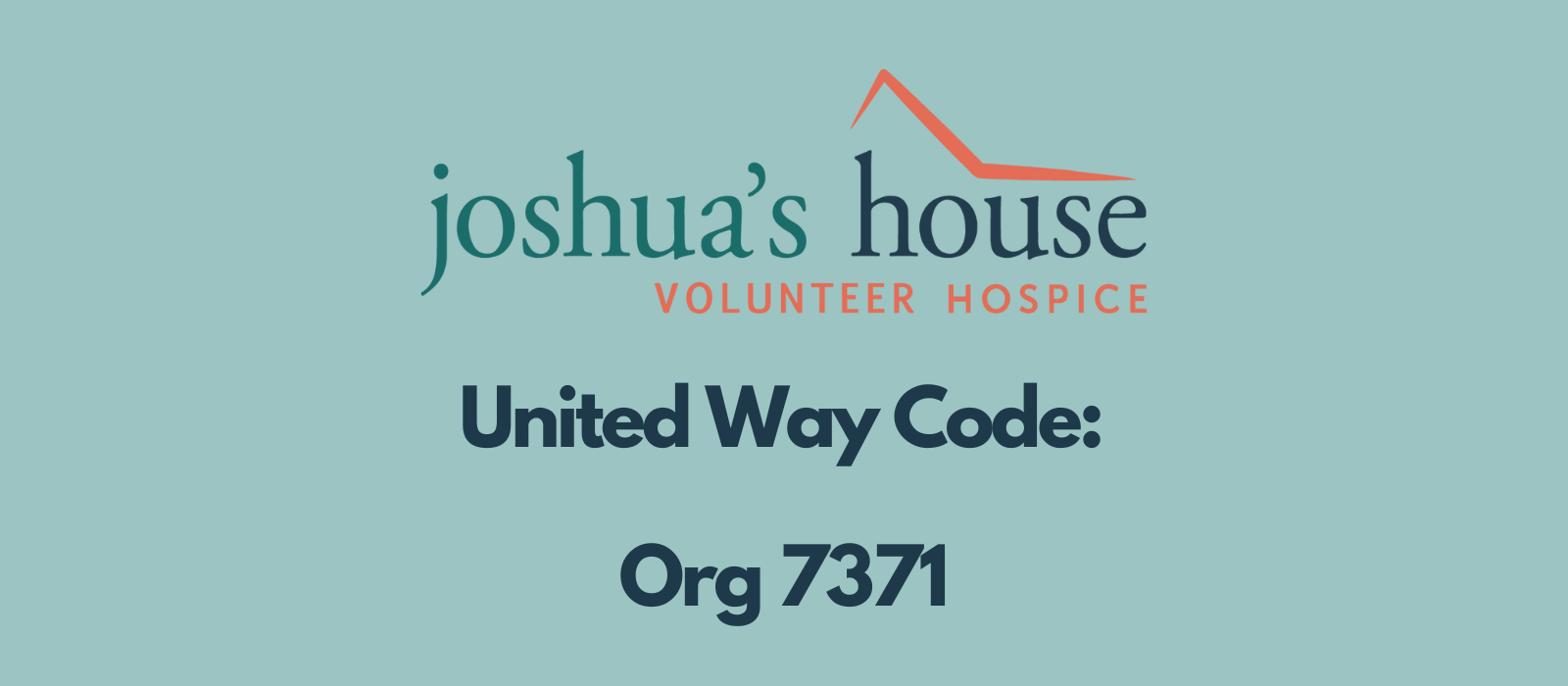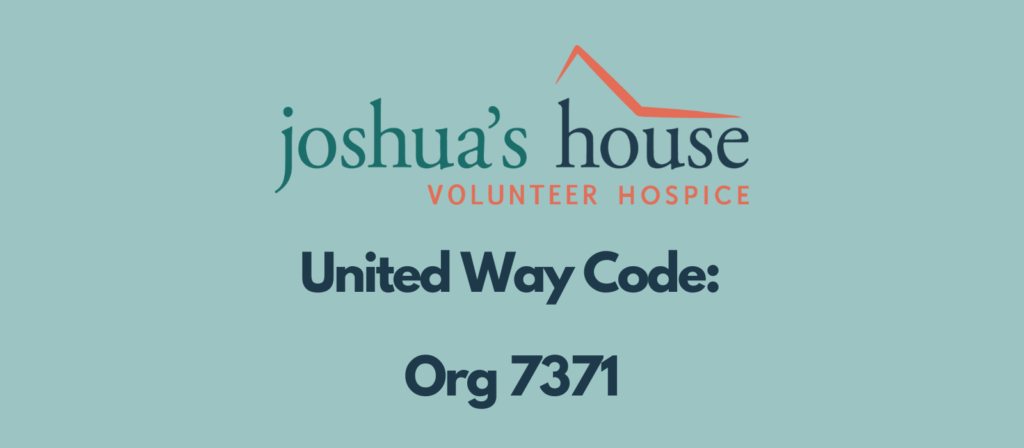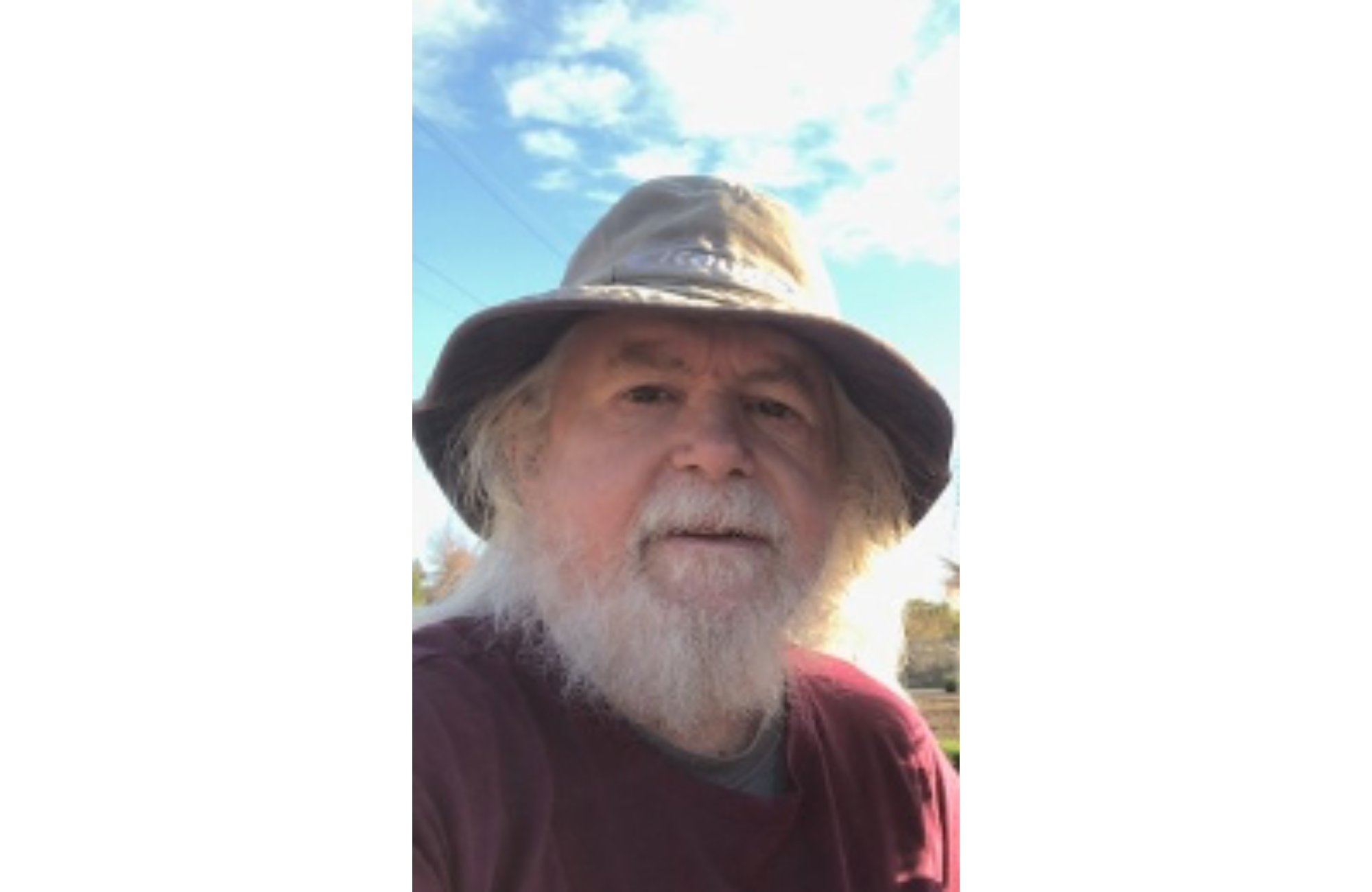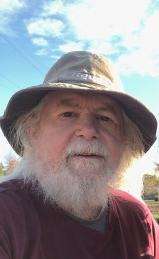BY SARAH CHUNG
According to a mid-year report in 2022 by the Sacramento Regional Coalition to End Homelessness (SRCEH), one homeless person dies every two days in Sacramento.
The SRCEH says approximately 1700 homeless people have died on the streets in Sacramento County since it started documenting deaths in 2000. Most can be attributed to the sheer increase in the number of people experiencing homelessness, according to SRCEH director Bob Erlenbusch.
“The numbers of people experiencing homelessness has doubled from 5000 to an estimated 10,000’s in the last couple of years, so the numbers of homeless deaths sort of corresponds to that going up,” said Erlenbusch.
Sacramento is not alone. Between 2020 and 2022, California experienced the largest increase in homelessness in the nation, according to the 2022 Annual Homelessness Assessment Report by the US Department of Housing and Urban Development Department. But Sacramento has been hit particularly hard, now having one of the nation’s highest percentages of people experiencing homelessness, with more than 75 percent without any shelter, according to the HUD report.
Substance abuse and violence have been the leading causes of this increase in deaths, according to the mid-year report. But the numbers also include relatively new findings, such as weather-related factors like freezing or heatstroke.
“Many of the deaths are preventable; if people had good access to health care, they wouldn’t die of cardiovascular issues or diabetes, just to name two,” Erlenbusch says. “If people were inside, they wouldn’t be exposed to violence and if we had drug treatment on demand, they’d have greater access to deal with the substance abuse issues.”
For those with the kind of terminal illnesses Erlenbusch is talking about, the end can often come on a lonely street with nobody there to even say goodbye.
Marlene von Friederichs-Fitzwater, a former professor with Sacramento State and UC Davis, understands the fear that creates. Over the course of her academic career, she interviewed almost 200 homeless people to learn more about their health issues and concerns, and in those conversations, she heard the same thing over and over again.
“Regardless of their age, their biggest fear was dying alone on the street because that’s what happens to them,” she says.
It was a lesson driven home when she lost her grandson Joshua to drug addiction and homelessness in 2014. With that loss fresh in her mind, she decided to make it her mission to ensure some of the sickest people on the streets have an element of dignity and care in their final days.
That mission turned into the creation of Joshua’s House, a hospice for the terminally ill homeless.
In 2015, she began working with city officials and others seeking to make that dream come true. But nothing has come easy. Finding usable and livable property suitable for a hospice was a major challenge, as has been dealing with the usual NIMBY (not in my backyard) concerns, all of which delayed the opening much longer than she expected.
But Joshua’s House has been able to acquire a 50-year lease on a three-acre vacant lot in South Natomas. With additional donations, it was then able in 2021 to purchase six ADA-compliant manufactured homes. Most importantly, it has developed good relations with residents through a “good neighbor policy” that gives them assurance the organization will only provide care for the terminally ill as opposed to feeding the general homeless population.
Scheduled to open in early May, Joshua’s House will be one of just a handful in the nation and the first such hospice on the West Coast to provide care exclusively for terminally ill homeless individuals. Fifteen patients referred by local partner hospitals will be able to receive care free of charge.
This housing option is incredibly important, she says, because people aren’t able to access hospice care if they don’t have a home. And with it comes other offerings that afford residents some true respite from the dangers and anxieties of the streets, such as therapies that focus on art, writing and music.
That means a lot to people like Scott Kirchner, a retired Sacramento State University professor who was himself homeless for three years.
“We’re providing a loving, comfortable place for people to end their life,” says Kirchner, who now sits on the board of Joshua’s House.
Kirchner says he was pulled to this cause both because it is personal and believes it could attract resources and get beyond “ideological bickering” about homelessness as an issue.
“It’s very personal to me and unfortunately, in our political climate, the idea of homelessness can be polarizing politically,” said Kirchner. “Marlene was focusing on one very sort of narrow dimension of the issue, which was the right to die with dignity.”
Another dimension gaining traction among lawmakers is the need to understand the root cause of homeless deaths.
Assemblymember Sharon Quirk-Silva has authored several bills related to homelessness, including AB 271 this year, a measure which seeks to allow more collection and broader sharing of information among organizations about their local homeless population’s deaths.
“You have to make sure that we can collect individual data on each death in order to really understand what’s happening,” Silva says. “This type of review is important, but it’s limited with the legal restrictions on how data can be shared.”
In January 2022, Orange County Sheriff Coroner Don Barnes spearheaded an effort to create his county’s first Homeless Death Review Committee. Silva says she authored AB 271 at the sheriff’s request after he encountered restrictions on sharing in-depth information from those investigations with other agencies.
While it is legal to share information from the investigation of the deaths of children, Silva says doing so in the case of homeless deaths is not authorized by statute. Her bill would change that, hopefully giving counties one more critical piece to a very complex puzzle when it comes to understanding how to best reduce those deaths.
“The longer somebody is on the streets, they’re going to reduce their life expectancy 10 to 15 years because of the conditions they’re enduring,” Silva says. “I think a death review committee could really hone in on: Are there areas we’re just blind to? Are there areas that maybe we expected one thing but something else?”
Silva says AB 271 would allow such review committees to be populated with “technical experts,” including those from a county coroner’s office, health care providers, public safety and even city officials.
“There could be different impacts as far as where people are staying on the streets – there could be weather conditions that we know that can contribute to somebody getting sick, and therefore, having pneumonia out on the street,” Silva says. “We might assume just seeing what we see, but there could be other indicators out there that other people don’t know about when they’re out on the streets.”
